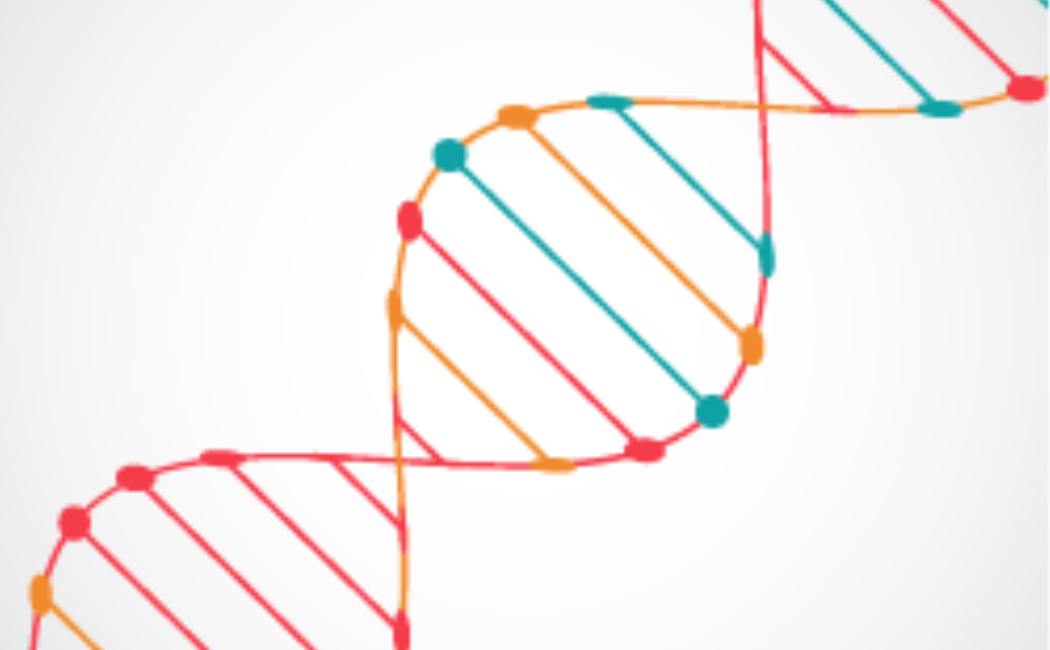



Industrial and urban development is expected to rapidly increase along the Saudi Arabian Red Sea coastline. To ensure the protection of the marine environment it is vital to incorporate monitoring tools that enable a fast evaluation of community changes. DNA from a variety of sources (e.g., cells, mucus, gametes) belonging to a broad range of organisms can constitute environmental samples currently termed as environmental DNA (eDNA). eDNA can be rapidly screened for changes in biodiversity and community composition occurring as a response to alterations in environmental conditions. This approach can significantly decrease the time and costs associated with sample processing, enabling timely communication with stakeholders and governments to support adaptive environmental management, i.e. to apply corrective measures to minimize detrimental impacts on the marine environment.
Our workshop will address the recent advances in the application of eDNA-based marine monitoring under different anthropogenic stressors. This event aims to produce a set of recommendations for timely marine monitoring based on the frameworks applied in other parts of the world. Further, we aim to discuss what are the current drawbacks for a general application of eDNA-based monitoring programs and what advances are needed towards the implementation of such strategies.
This 4-day workshop will take place from April 8th - 11th. On April 9th the workshop will be open to the public in Hall 1 of Building 19 from 9 am to 5 pm.
The program of the workshop (April 9) can be seen here:  Agenda.pdf
Agenda.pdf